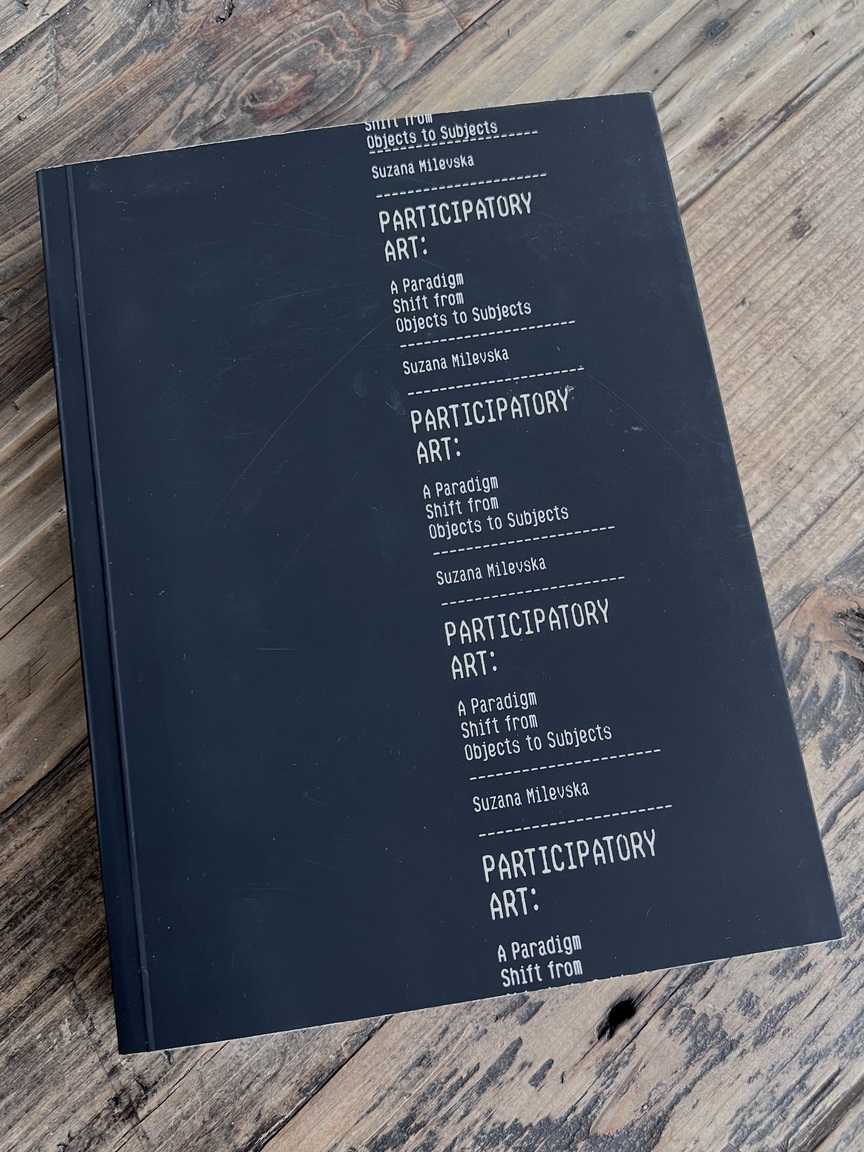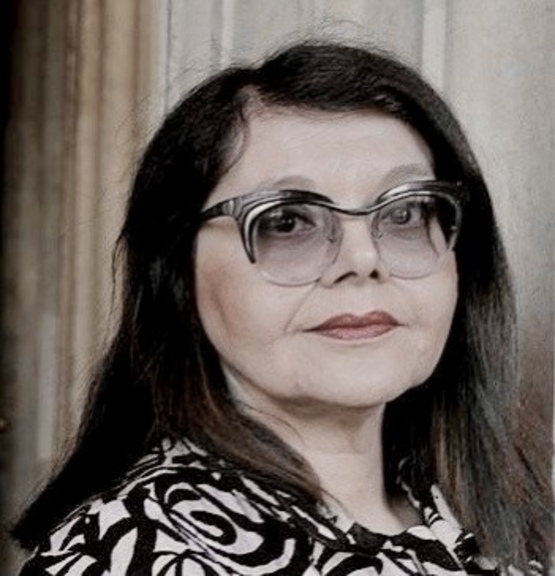Forelesning

MAPS TALK: Suzana Milevska – Potentials and Challenges of Participatory Art in Public Space
Suzana Milevska is a theorist and curator of visual art and culture based in Skopje, North Macedonia.
The main aims of participatory art overlap to a certain extent with the aims of the public art, and with the calls for dismantling the pertinent hierarchies between “high” and “low” art and culture. They also challenge the distinction between the professional art elites, institutions, and the general public. These are some of the common arguments in favour of presenting art in public spaces. Moreover, the art processes and projects that include the participation of different audiences and are commonly dubbed “participatory paradigm” or “participatory shift” simultaneously call for a certain doing away with existing hierarchies within the audiences. Therefore the public space appears to be an appropriate environment for achieving the ends of participatory art than the galleries, museums, or other art-designated spaces subsumed by the common denominator “white cube.” By deconstructing the hierarchies established among different social and economic classes and cultures, participatory art in public space tends to prevent any restraining and disenfranchising and to delegate further the power of the art system from its institutions towards the artists and the public.
This is not so much different from what Foucault called the ‘art of governing’ or ‘governmentality’, and the question of how to avoid ‘governing too much’: how to refrain from exercising and entertaining the acquired and available power. Participatory art projects in public spaces became some of the most important means for proving or challenging such claims. Nevertheless, one has to stress that public space has become a fluid, dispersed, mediated, and relational phenomenon. Thus, it cannot be controlled by a centralised state apparatus and public space, and it is not a kind of unified concept that participatory art could easily reshape. I will present several case studies of art projects that managed or failed to link the potentialities of participatory art and public art.
Suzana Milevska is a theorist and curator of visual art and culture based in Skopje, North Macedonia. Her theoretical and curatorial interests include postcolonial critique of hegemonic power regimes of representation of gender difference in visual culture and contemporary arts, and feminist, participatory, and collaborative art practices. From 2016 to 2019 Milevska was a Principal Investigator of the Horizon 2020 project TRACES, Polytechnic University Milan, and she curated its exhibition Contentious Objects/Ashamed Subjects. She was appointed the first Endowed Professor for Central and South Eastern European Art Histories at the Academy of Fine Art Vienna (2013 - 2015). Milevska holds a Ph.D. in visual cultures from Goldsmiths College London. In 2004 she was a Fulbright Senior Research Scholar.
She initiated the project Call the Witness–Roma Pavilion, Venice Biennale (2011). In 2012 she won the Igor Zabel Award for Culture and Theory. She authored the books: Gender (Difference in the Balkans 2010), Participatory Art: A Paradigm Shift from Objects to Subjects (2024), and edited On Productive Shame, Reconciliation, and Agency, SternbergPress (2016).
